Psychedelics and Depression
Summary of More Realistic Forecasting of Future Life Events After Psilocybin for Treatment-Resistant Depression (2018).
This study investigated the potential of psilocybin in treating treatment-resistant depression (TRD) and found that the compound may have therapeutic potential in reducing pessimism bias, a rigid and negative outlook on future events. Psilocybin, when administered with psychological support, resulted in a significant decrease in pessimism bias in TRD patients, leading to a more accurate and positive outlook on future life events. The study suggests that psilocybin could offer hope for those who have not found relief from traditional treatments, highlighting the importance of psychological support in administering such a treatment. However, further research is needed to fully understand the potential benefits and risks of psilocybin for treating depression. This promising new avenue for treating TRD with psilocybin shows potential for helping those who have not found relief from traditional treatments.
Summary of Trial of Psilocybin versus Escitalopram for Depression (2021)
This study compared the effectiveness of psilocybin, a compound found in magic mushrooms, to escitalopram, a commonly prescribed selective serotonin reuptake inhibitor (SSRI), for treating depression. The study involved 59 patients with moderate-to-severe major depressive disorder and found that there was no significant difference in the antidepressant effects of psilocybin and escitalopram after six weeks of treatment. However, secondary outcomes generally favored psilocybin over escitalopram, suggesting that it could be a potential alternative to SSRIs for depression treatment.



Summary of Single-Dose Psilocybin for a Treatment-Resistant Episode of Major Depression (2022)
In this phase 2 trial involving participants with treatment-resistant depression, psilocybin at a single dose of 25 mg, but not 10 mg, reduced depression scores significantly more than a 1-mg dose over a period of 3 weeks but was associated with adverse effects.